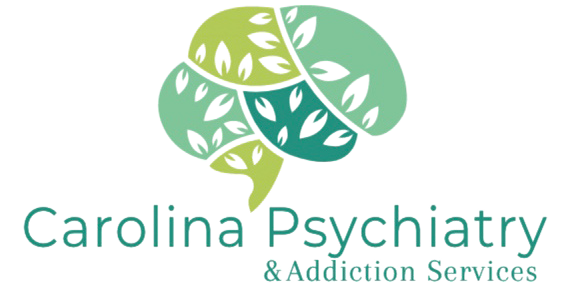
What Conditions Are Treated in Psychiatry?

Anxiety Disorders
Anxiety disorders encompass a range of conditions characterized by excessive and persistent worry or fear about everyday situations. These disorders can manifest in physical symptoms, such as a racing heart or sweating. Common types include:
- Specific Phobias: Intense fears associated with specific objects or scenarios.
- Generalized Anxiety Disorder: Chronic, broad worries that affect daily functioning.
- Panic Disorder: Sudden, intense episodes of fear known as panic attacks.
- Social Anxiety Disorder: An extreme fear of social interactions and situations.
Mood Disorders
Mood disorders, including major depressive disorder and bipolar disorder, involve significant disturbances in emotional regulation. Individuals may experience prolonged periods of sadness or elevated moods that can impair daily functioning and relationships.
Psychotic Disorders
Psychotic disorders significantly impact thoughts and perceptions, often making it difficult for individuals to differentiate between reality and delusional beliefs or hallucinations. A notable example is schizophrenia, which can involve disorganized thinking, paranoia, and a profound disconnection from reality.
Eating Disorders
Eating disorders are marked by unhealthy attitudes and behaviors concerning food, weight, and body image. These include:
- Binge Eating Disorder: Episodes of consuming large quantities of food, often accompanied by feelings of shame or distress.
- Anorexia Nervosa: Severe restriction of food intake driven by an intense fear of weight gain.
- Bulimia Nervosa: Binge eating followed by purging behaviors.
Personality Disorders
Personality disorders are characterized by enduring patterns of thought and behavior that significantly disrupt personal relationships and daily functioning. Examples include:
- Paranoid Personality Disorder: Deep-seated mistrust and suspicion of others.
- Antisocial Personality Disorder: Disregard for the rights of others.
- Histrionic Personality Disorder: Excessive emotionality and a need for attention.
- Schizoid Personality Disorder: A pervasive lack of interest in social relationships.
Obsessive-Compulsive Disorder (OCD)
OCD is defined by persistent, intrusive thoughts (obsessions) that compel individuals to engage in repetitive behaviors or mental acts (compulsions). These thoughts and behaviors are difficult to control and often cause significant distress.
Post-Traumatic Stress Disorder (PTSD
PTSD may develop following exposure to a traumatic event. Individuals may experience flashbacks, nightmares, heightened anxiety, and emotional numbness. They may also avoid reminders of the trauma, impacting their daily life and interpersonal relationships.
